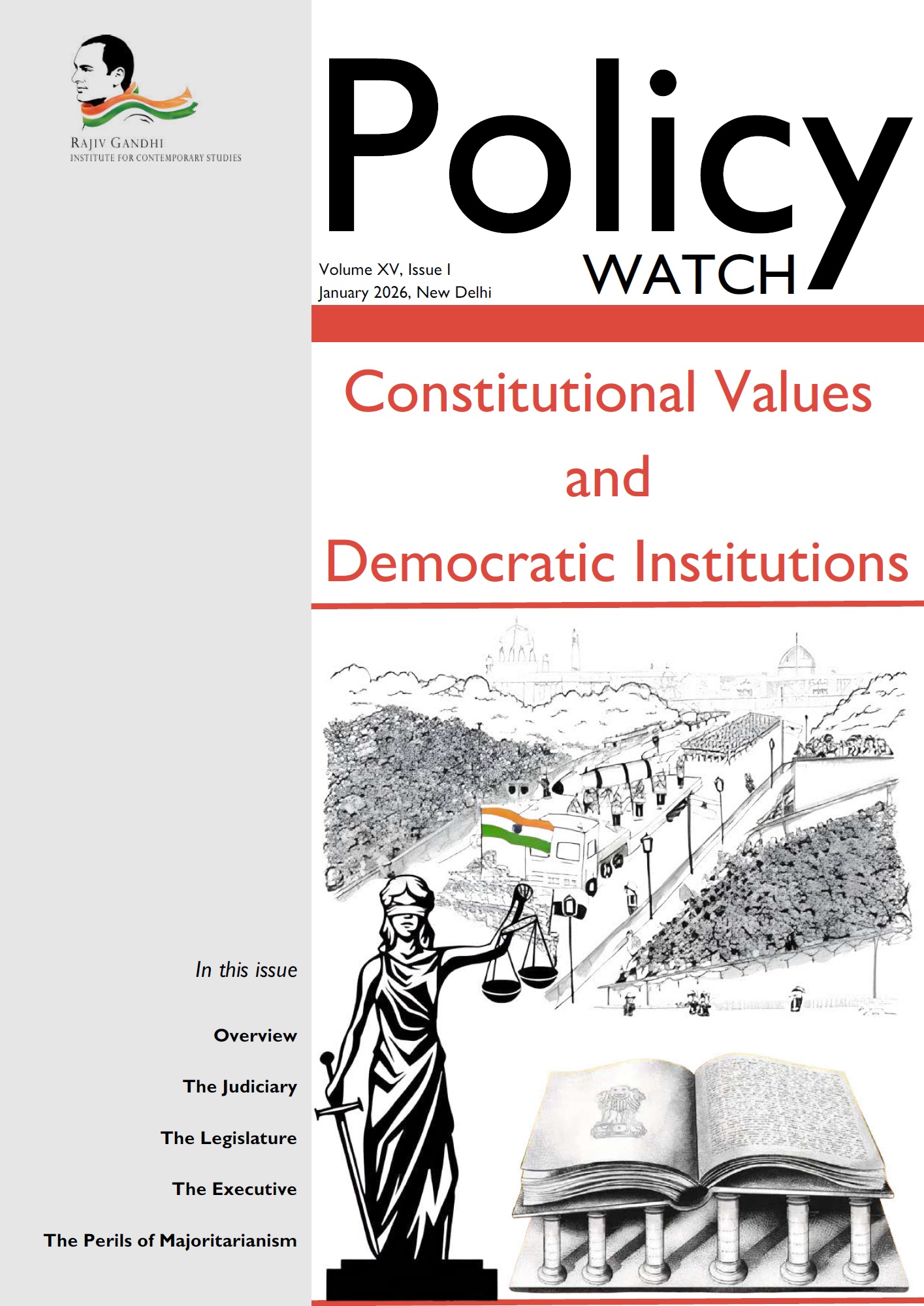
Policy Watch: Constitutional Values and Democratic Institutions – January 2026
The Rajiv Gandhi Institute for Contemporary Studies (RGICS) works on five themes: Constitutional Values and Democratic Institutions Growth…

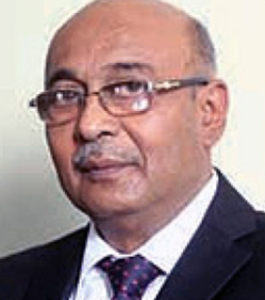
Somnath recently retired as Professor & Founding Dean (Academics) at Indian Institute of Management, Kashipur. He held regular faculty positions at three other Indian Institutes of Management at Lucknow, Bangalore and Indore.

The Rajiv Gandhi Institute for Contemporary Studies (RGICS) works on five themes: Constitutional Values and Democratic Institutions Growth…
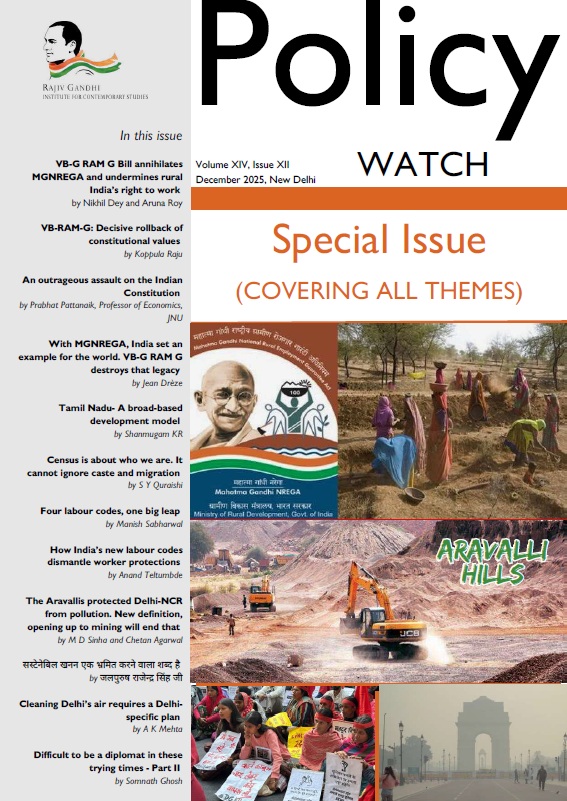
The Rajiv Gandhi Institute for Contemporary Studies (RGICS) works on five themes: Constitutional Values and Democratic Institutions Governance…

This issue of Policy Watch is on the theme India’s Place in the World and has been put…
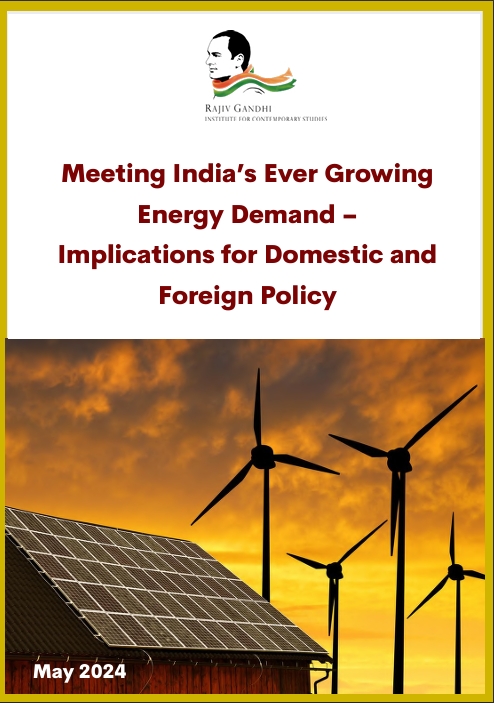
The report “Meeting India’s Ever Growing Energy Demand – Implications for Domestic and Foreign Policy” by the Rajiv…

Healthcare in Uttar Pradesh (UP) is in crisis. Hospitals and health centers are understaffed, underfunded, and overwhelmed. The…
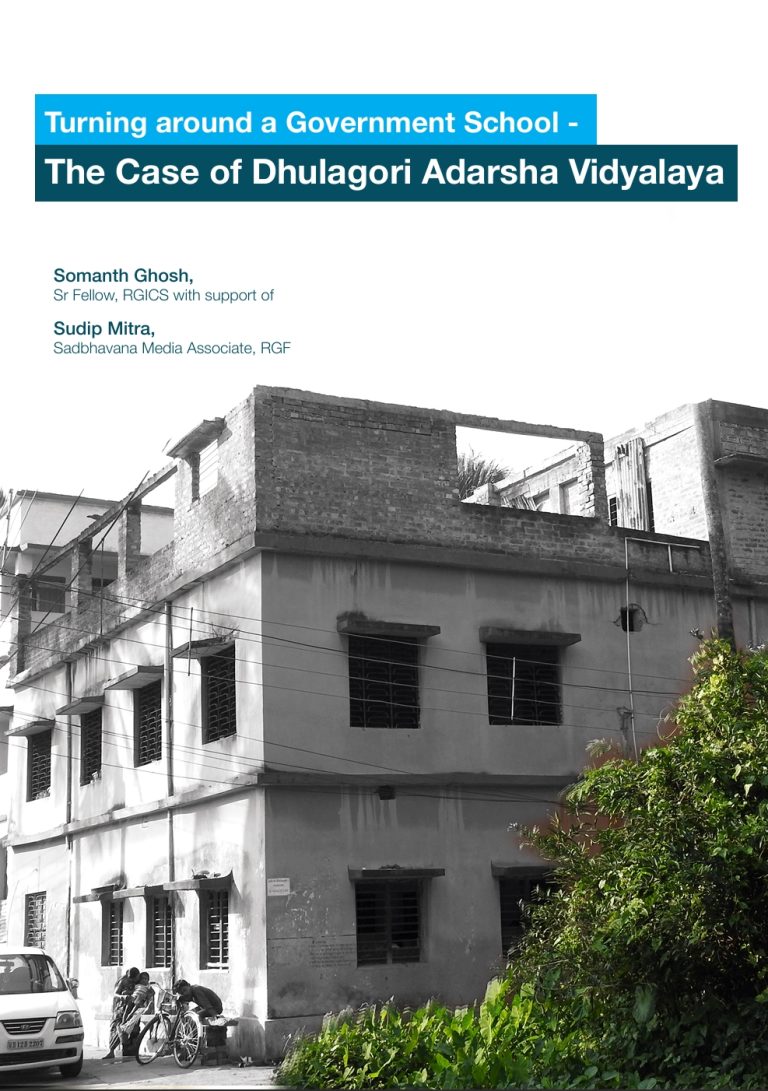
The story of Dhulagori Adarsha Vidyalaya (DAV) is one of perseverance, leadership, and the power of education to…